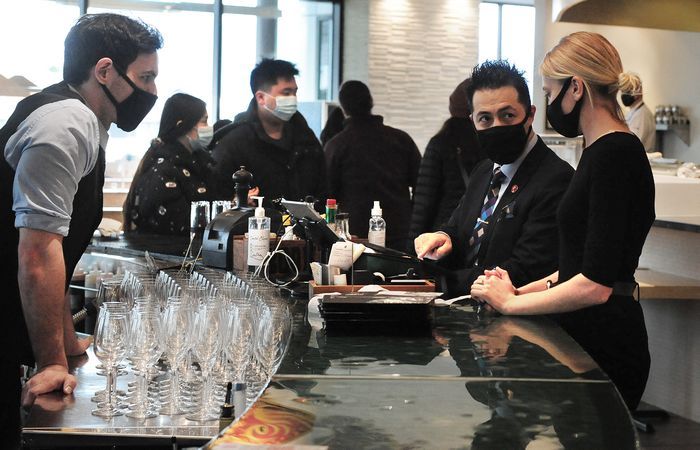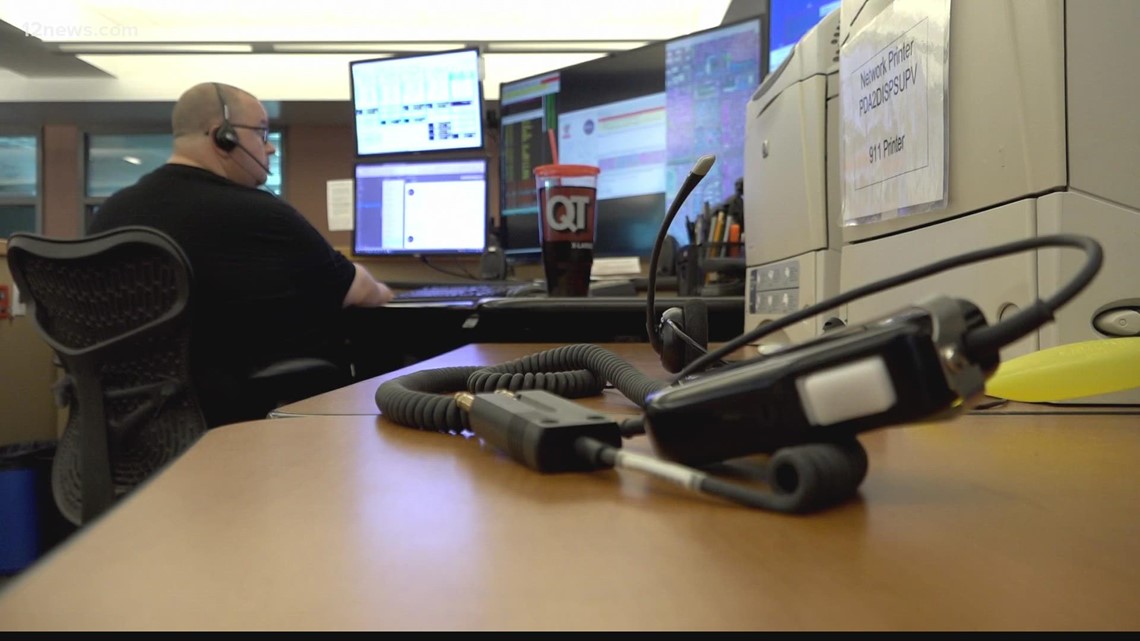The Kansas House Committee on Federal and State Affairs heard from supporters and opponents on Tuesday legal sports betting in the state, and after 90 minutes of testimony and discussion, he opted to postpone ‘work on the bill’ until next week, fearing lawmakers hadn’t had enough time to study. the question.
The legislature is due to adjourn on May 20, and before then lawmakers will begin to meet deadlines to move bills forward, leading some members to suggest the committee act more quickly.
“I’m afraid it’s going to clog up,” a representative said in the final minutes of the hearing. He suggested that amendments to the bill could be presented to the House. Because the legislature is in the second session of its biennium, he stressed, “if it doesn’t happen this year, we have to start over from the beginning.”
Despite this, committee chairman John Barker chose to wait, saying he hopes his colleagues can catch up and the issues can be negotiated in time for a Monday meeting.
In the current state of affairs, HB 2740 would allow mobile gaming statewide and has support from casino and racetrack lobbies, Major League Soccer’s Sporting KC (the state’s only major professional team), and the local convenience store lobby. Under the bill, some lottery sites could offer sports betting via a kiosk, and the legislation would also legalize historic horse racing machines at a single site in Sedgwick County.
As required by state law, betting would be overseen by the state lottery, although the casinos operate their own sportsbooks and are taxed by the state, rather than in partnership with it. Kansas casinos have been operating in this configuration for a long time, and it’s no problem pushing a sports betting bill forward.
Operators push back on tax rates
On the operators’ side, the problems are “a bit high” tax rates, according to lobbyist Whitney Damron, who spoke on behalf of Hollywood Casinos, which is operated by Penn National Gaming (Barstool Sportsbook).
“We would like the opportunity to knock them down,” he added.
After some bickering from various interests, I think we finally have agreement on a bill with HB 2740. I’m a strong YES; this issue is the one I hear the most about, second only to public education. #ksleg
— ❄️Stephanie Clayton❄️ (@SSCJoCoKs) March 22, 2022
The current House bill calls for digital sports betting to be taxed at a rate of 20% and retail betting to be taxed at 14%. A Senate bill carried over from 2021 would tax digital bets at 8% and retail bets at 5.5%. Other differences between the Senate and House versions of the bills include:
- The House bill does not allow promotional delistings for carriers, but the Senate bill does.
- The House bill allows Sporting KC, but not Kansas Speedway, to participate in betting, while the Senate bill allows both to get a piece of the pie.
- The Senate bill would allow a family member of someone affiliated with a sportsbook or casino to bet at an “unaffiliated” venue, while the House bill would completely ban betting for people working in the company and their families.
- The Senate bill specifies that betting on events involving students in grades 1 through 12 is prohibited, while the House bill is slightly less succinct.
- The House bill would designate $100,000 for problem gambling funding, while the Senate bill would allocate 2% of gross gambling revenue.
More money for PG; greyhound tracks want to enter
Consultant Brianne Doura-Schawohl, representing the National Council on Problem Gambling, testified in support of HB 2740 – with the caveat that problem gambling advocates would like to see funding increased to 2% of gross gambling revenue and stricter guidelines used around advertising, responsible gambling plans and responsible gambling training.
Opponents of the bill include the Greyhound lobby, which would like to be included in the discussion. Kansas has greyhound tracks and such races are legal, but they are not currently held in the state.
“We don’t know why we’re affected by this because it’s a sports betting bill,” said Michael Neal on behalf of the Greater Kansas Racing Association. “We’ve been fined [of the bill]but we were not consulted.











